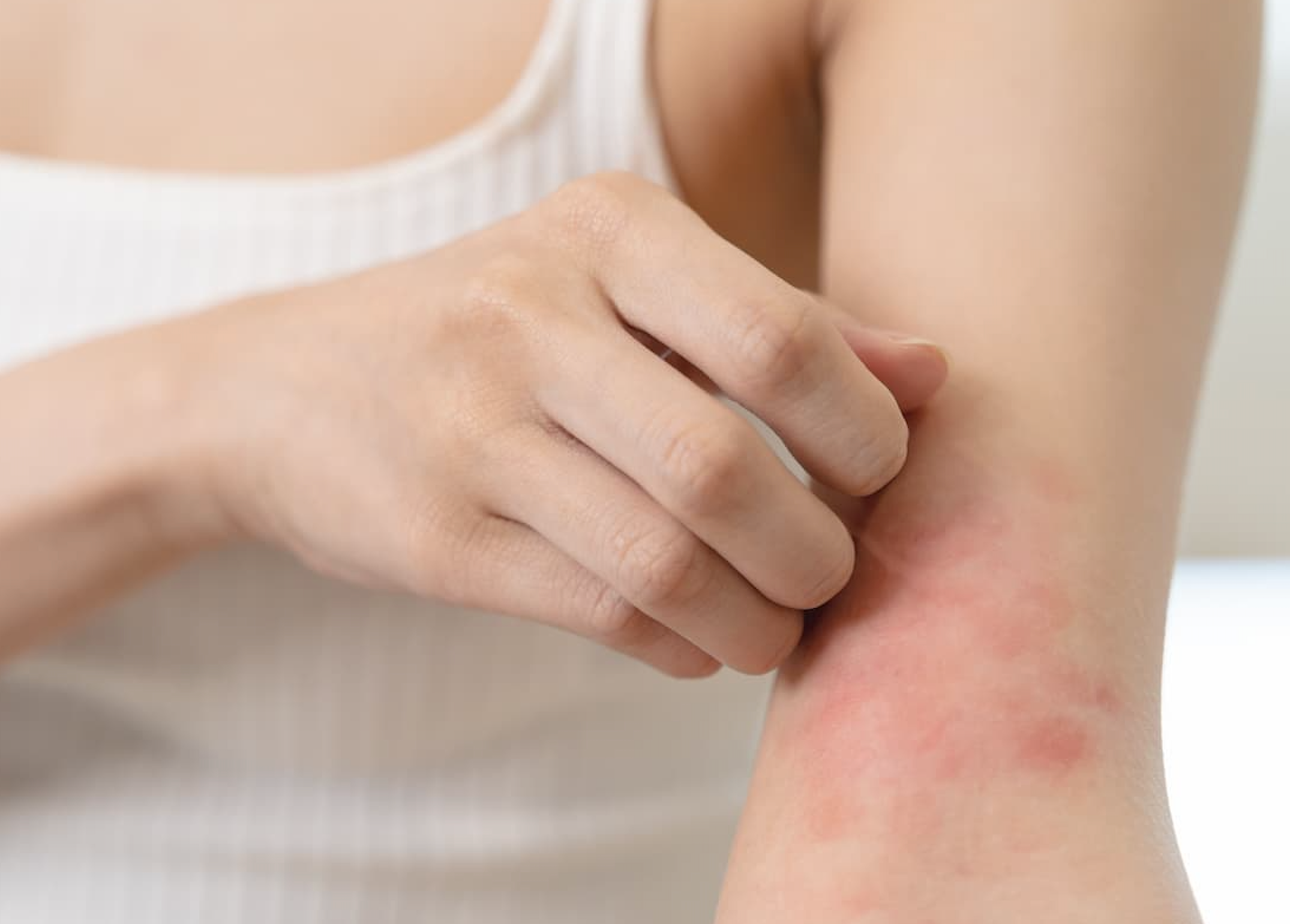
Cannabidiol and Your Skin, With Adam Friedman, M.D.
CBD may help calm inflammation, protect against UV damage and reduce itch or pain, but research is still in early stages.
By
Lana Pine| Published on September 25, 2025
3 min read
In recent years, cannabidiol (CBD) — a compound derived from the cannabis plant — has received growing attention for its potential role in managing skin conditions. To understand why, Adam Friedman, M.D., professor and chair of dermatology at the George Washington University School of Medicine and Health Sciences, explains that it helps to look at the body’s endocannabinoid system (ECS). Everyone makes their own cannabinoids, called endocannabinoids. These chemical messengers interact with receptors throughout the body, including the skin, and help regulate processes such as inflammation, immune response, pain, itch and cell turnover.
CBD works with this system in several ways. It may influence both CB1 receptors (found in the nervous system, affecting itch and pain) and CB2 receptors (mostly on immune cells, helping regulate inflammation). CBD can also act on other cell receptors and enzymes, which is why researchers believe it has broad effects.
How CBD May Help the Skin
Research suggests CBD may offer three main benefits:
- Supports resolution of inflammation: Instead of simply blocking immune signals, CBD appears to activate pathways that resolve inflammation, helping the body “clean up” after flare-ups. This has potential implications for conditions like eczema, psoriasis and acne.
- Acts as an antioxidant: Because of its chemical structure, CBD can neutralize harmful free radicals. Clinical studies suggest nano-encapsulated CBD may help protect against UVA radiation, reducing DNA damage that contributes to photoaging and possibly skin cancer.
- Reduces pain and itch: By acting on nerve receptors, CBD may calm discomfort similar to how some prescription medications work. Small studies and case reports support its use in conditions like chronic itch, atopic dermatitis and wound healing.
While laboratory studies are strong, clinical data in humans remain limited and early. Some randomized controlled trials and case series show encouraging results in acne, dermatitis and wound care, but most studies involve small numbers of patients. Quality of CBD products is also a challenge — many over-the-counter creams and oils do not match their labels in strength or purity.
Patient Tips
If you are considering CBD for your skin, keep the following in mind:
- Use it only as an adjunct to guideline-based care, not a replacement.
- Look for products with certificates of analysis (CoA), clear labeling of CBD content and contaminant testing.
- Avoid heavily fragranced creams, especially on sensitive or broken skin.
- Always patch-test first and talk with your dermatologist before use.
CBD is not a cure-all, but when used wisely, it may complement existing treatments for certain skin conditions.

